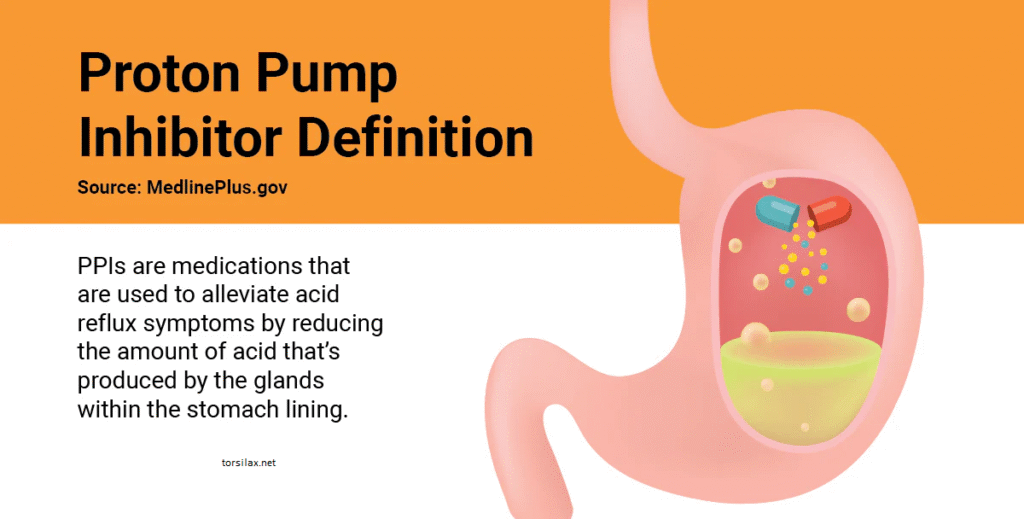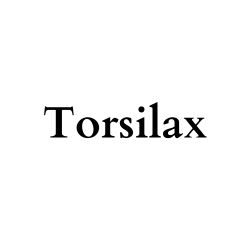
Proton Pump Inhibitors (PPIs) are some of the most broadly prescribed medicinal drugs in the United States. These tablets, along with the famous over-the-counter alternative Omeprazole, are commonly used to deal with situations related to immoderate belly acid, along with gastroesophageal reflux ailment (GERD), peptic ulcers, and gastritis. While PPIs can offer vast remedies for those conditions, they may be now not without dangers. Flawed or extended use of PPIs can result in critical fitness headaches. This article will explore why PPIs like Omeprazole need to be used, once they should be prevented, and what to not forget before beginning this magnificence of medicine.
Understanding Proton Pump Inhibitors (PPIs)
PPIs block blocking the proton pump in the belly, which is accountable for generating belly acid. By reducing acid production, PPIs can relieve signs and symptoms associated with acid reflux disease, save you from the formation of stomach ulcers, and assist the recovery system in gastritis or ulcers. Omeprazole, the primary drug of this magnificence, has been widely used for a long time and remains a move-to remedy for numerous gastrointestinal issues.
While Omeprazole and different PPIs (like esomeprazole, lansoprazole, and pantoprazole) are typically powerful in handling acid-associated situations, they need to be used with warning due to their capacity for lengthy-time period side outcomes.
When to Use Omeprazole and Other PPIs
Gastroesophageal Reflux Disease (GERD)
GERD is a persistent digestive circumstance wherein stomach acid frequently flows back into the esophagus, causing irritation, heartburn, and, in extreme instances, harm to the esophageal lining. PPIs like Omeprazole are commonly prescribed to reduce belly acid and relieve the signs and symptoms of GERD. These medicinal drugs can restore the esophagus, prevent acid-associated harm, and improve the general exceptional of life for the ones laid low with GERD.
A healthcare provider might also recommend a quick-term course of PPIs for patients with intense GERD signs and symptoms or those who have not responded to over-the-counter treatments. However, long-term use of PPIs for GERD needs to be closely monitored to prevent headaches.
Peptic Ulcers
Peptic ulcers that may arise within the belly lining or the upper part of the small gut (duodenum) are regularly caused by Helicobacter pylori infections or the lengthy-time period use of nonsteroidal anti-inflammatory tablets (NSAIDs). PPIs, together with Omeprazole, can assist in healing peptic ulcers by reducing belly acid, which offers the ulcer time to heal and reduces the chance of additional irritation.
If an H. Pylori infection causes the ulcer, PPIs are commonly used in aggregate with antibiotics as part of a triple therapy routine. For ulcers resulting from NSAIDs, a PPI can help prevent similar damage and promote restoration.
Gastritis
Gastritis refers to inflammation of the stomach lining, which may result from infection, immoderate alcohol consumption, or using NSAIDs. Omeprazole and other PPIs are regularly used to reduce belly acid in cases of gastritis, which can alleviate aches and promote healing of the stomach lining.
Zollinger-Ellison Syndrome
Zollinger-Ellison syndrome is an unprecedented circumstance wherein tumors (gastrinomas) in the pancreas or duodenum cause excessive secretion of gastric acid. PPIs like Omeprazole are the first-line treatment for this situation, as they could assist in managing the overproduction of belly acid and prevent complications like ulcers or gastrointestinal bleeding.
When to Avoid Omeprazole and Other PPIs
While PPIs can offer remedies for lots of acid-related disorders, they may be now not appropriate for all people. There are numerous instances in which the usage of PPIs, along with Omeprazole, ought to be prevented or carefully monitored.
Short-Term Use for Mild Acid Reflux
For individuals with slight, occasional heartburn or acid reflux disease, PPIs should generally be averted except advocated by a healthcare professional. Many people rely upon over-the-counter PPIs for self-identified acid reflux disease. However, this may be useless and may require extended remedy use. In many cases, lifestyle changes (inclusive of food plan changes, weight reduction, or heading off triggers like caffeine and alcohol) can control signs without the need for prescription medications.
Long-Term Use
While PPIs are safe for short-term use, lengthy use can increase the chance of numerous extreme health problems. Some of those include:
Nutrient Deficiencies: PPIs reduce stomach acid, which is key in absorbing vital vitamins, including calcium, magnesium, iron, and diet B12. Long-term PPI use can cause deficiencies, doubtlessly resulting in osteopenia (low bone density) or anemia.
Increased Risk of Infections: Stomach acid acts as a barrier to pathogens, helping to prevent infections. By decreasing acid production, PPIs can also reduce the risk of gastrointestinal infections like Clostridium difficile (C. Diff) and pneumonia.
Kidney Disease: Recent research endorses a hyperlink between lengthy-time period PPI use and a multiplied hazard of chronic kidney ailment and acute kidney harm. Although the precise motive remains doubtful, the evidence suggests that extended PPI use should negatively affect kidney features over the years.
Bone Fractures: The decreased absorption of calcium because of PPI use can weaken bones, leading to an increased risk of fractures, particularly in older adults.
Self-Diagnosis of Acid-Related Disorders
Omeprazole and other PPIs should no longer be used without proper analysis by a healthcare issuer. If you experience signs and symptoms of acid reflux disease, heartburn, or belly soreness, it’s essential to peer a doctor who can determine the underlying reason for your symptoms. Misdiagnosing a condition or self-medicating with PPIs can mask vital warning signs of extra critical conditions, such as esophageal cancer or gastric cancer. A correct diagnosis is essential to ensuring the proper remedy plan.
Use in People with Certain Health Conditions
There are positive those who may be at better risk of complications from PPI use. These encompass:
Pregnant or Breastfeeding Women: While Omeprazole is classed as a Category C drug via the FDA (that means it has been proven to purpose destructive outcomes in animals but has not been correctly studied in human beings), it has to be best used at some stage in being pregnant if the potential benefits outweigh the dangers. Always visit a healthcare issuer before the use of PPIs at some point while pregnant or breastfeeding.
Liver Disease: People with liver conditions may Torsilax also need dose adjustments while taking PPIs because the liver metabolizes these capsules. In intense liver sickness, PPIs must be prevented or used with warning.
Osteoporosis: Due to the potential for reduced calcium absorption, individuals with osteoporosis or those at excessive risk for bone fractures should avoid long-term PPI use.
Alternatives to Proton Pump Inhibitors
For folks who need acid suppression but desire to keep away from the dangers of long-term PPI use, there are opportunity treatment alternatives. These include:
H2 Receptor Antagonists: Ranitidine and famotidine lessen belly acid by blocking histamine receptors. They are usually safer for quick-term use and convey fewer long-term dangers than PPIs.
Antacids: For occasional heartburn, over-the-counter antacids (like Tums or Maalox) can provide a brief remedy by neutralizing stomach acid.
Lifestyle Modifications: Diet changes, weight loss, avoiding trigger meals, and elevating the top of the mattress at night can all help manage GERD and other acid-associated conditions without needing medicine.
Conclusion
Proton pump inhibitors like Omeprazole can be enormously effective in dealing with conditions like GERD, peptic ulcers, and gastritis. However, they may not be without dangers, particularly whilst used long-term or with outright medical steerage. For most human beings, PPIs should be used for quick-term relief or as part of a complete remedy plan evolved through a healthcare issuer. Misuse or over-reliance on PPIs can lead to extreme fitness issues, such as nutrient deficiencies, kidney sickness, and an accelerated threat of infections.
If you have acid-related signs, it’s usually a good idea to consult a healthcare professional to decide on the most suitable treatment route. By using PPIs cautiously and considering all available treatment alternatives, sufferers can adequately manage their symptoms and preserve their overall fitness.
